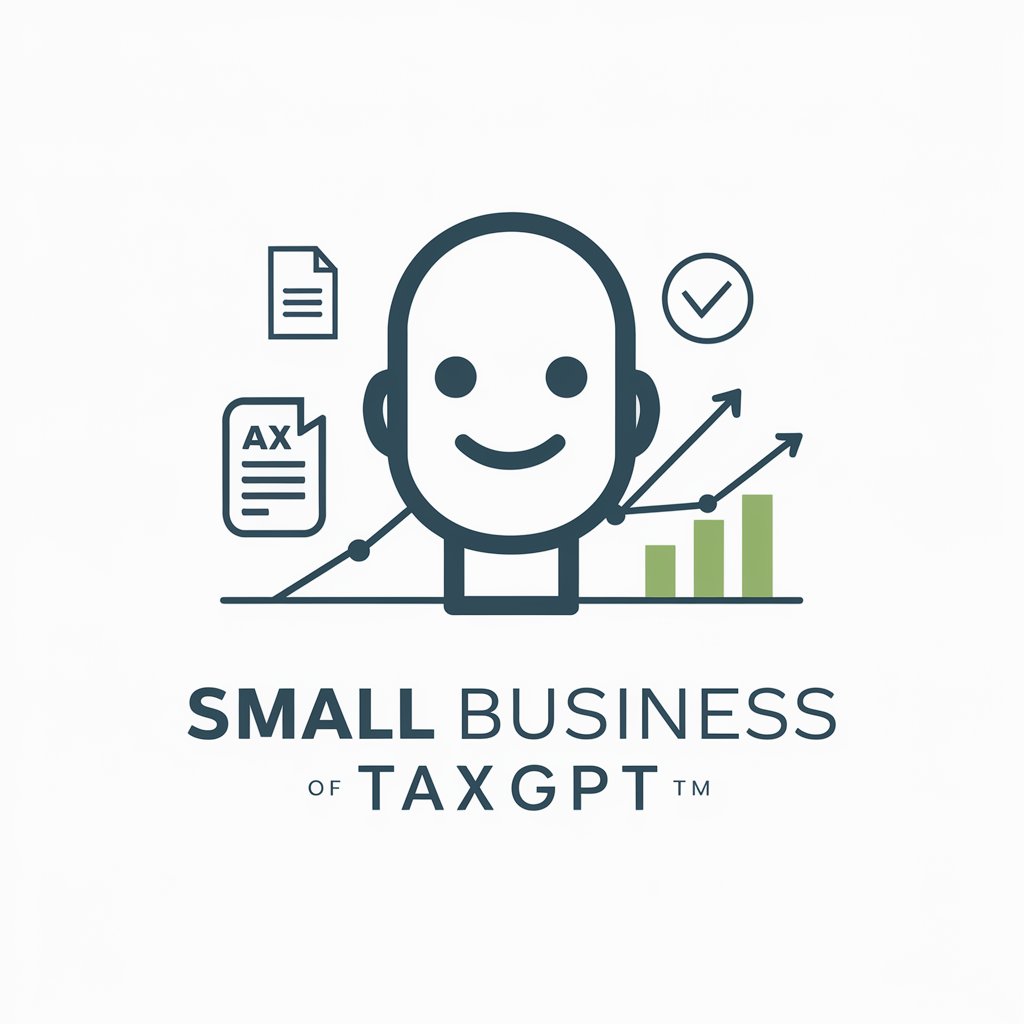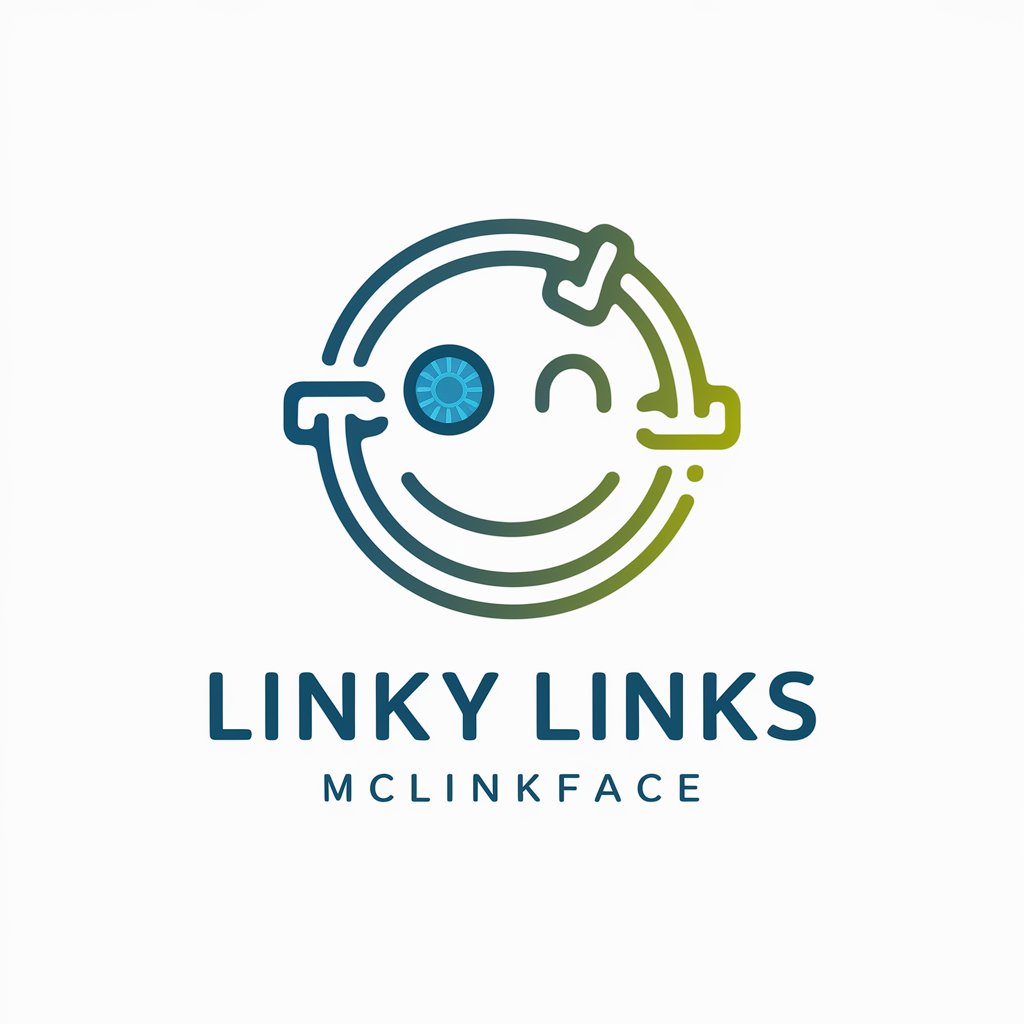
Create An Internal Linking Strategy Document - Customized Internal Linking Advice

👋 I'm your SEO specialist AI. Let's design the ideal Internal Linking Strategy collaboratively.
AI-powered Internal Linking Simplified
Guide me in creating an effective internal linking strategy for a content-heavy blog...
What are the best practices for internal linking on an e-commerce website...
How can I analyze and improve my competitors' internal linking strategies...
What are the current SEO trends affecting internal linking that I should be aware of...
Get Embed Code
Understanding Create An Internal Linking Strategy Document
Create An Internal Linking Strategy Document is designed to assist website owners, marketers, and SEO specialists in enhancing the visibility and user experience of a website through effective internal linking. Internal links are hyperlinks that point to pages within the same domain, which are crucial for helping search engines understand the structure of a site, distribute page authority across pages, and improve the navigational experience for users. This service employs a combination of thorough research, insights from key references in the SEO field, and adherence to industry best practices to craft personalized strategies. Examples of its application include identifying underlinked high-value pages to improve their visibility, structuring a site's navigation to enhance user experience, and using anchor text strategically to boost a page's relevance for specific queries. Powered by ChatGPT-4o。

Key Functions and Applications
Interactive Examples
Example
For an e-commerce website, suggesting internal links from product descriptions to related blog posts that offer usage tips, thereby enriching the customer's journey and potentially boosting sales.
Scenario
An e-commerce site aims to decrease bounce rates and increase conversions. Interactive examples help visualize how strategic linking can guide users from initial interest to purchase.
Real-time SEO Trends
Example
Advising on incorporating links to newly trending topics within existing content to capture emerging search demand.
Scenario
A news website needs to quickly adapt its content strategy to current events. Providing insights on trending queries enables the site to stay relevant and capture new traffic through internal linking.
Competitor Analysis
Example
Analyzing a competitor's internal linking structure to identify opportunities for improving your own site's link architecture.
Scenario
A startup's blog seeks to outrank competitors for key topics. Competitor analysis reveals gaps in their linking strategy that can be exploited for better ranking and visibility.
Integration Tips
Example
Guidance on integrating internal linking strategies with broader SEO and content marketing efforts, such as aligning link placements with keyword strategies.
Scenario
A content marketing team needs to ensure their articles support both the user journey and search engine optimization. Integration tips help align internal linking with content and keyword strategies for maximum impact.
Personalization Based on Business Type
Example
Tailoring internal linking recommendations for a SaaS website, focusing on linking between product pages, support articles, and case studies to guide users through the sales funnel.
Scenario
A SaaS company wants to improve user engagement and lead conversion. Personalized strategies ensure that internal links effectively support the customer's journey from awareness to decision.
Who Benefits Most from Create An Internal Linking Strategy Document
Website Owners and Marketers
This group benefits by improving their site's structure and navigation, enhancing SEO, and providing a better user experience. Effective internal linking can lead to higher search rankings and increased engagement.
SEO Specialists and Consultants
Professionals focused on optimizing websites for search engines will find value in the detailed analysis, competitive insights, and trend integration this service offers, enabling them to implement sophisticated strategies for clients.
Content Creators and Bloggers
Individuals and teams creating online content will benefit from understanding how to strategically link between posts and pages to keep users engaged, reduce bounce rates, and improve the visibility of their work in search engines.
E-commerce Sites
Online retailers can leverage internal linking to guide customers through their buying journey, from informational content to product pages, increasing the chances of conversion and customer retention.

How to Utilize 'Create An Internal Linking Strategy Document'
1
Start by accessing a trial at yeschat.ai, offering a no-login, no-ChatGPT Plus requirement experience.
2
Identify the specific goals you wish to achieve with your website's internal linking strategy, such as improving SEO, enhancing user experience, or boosting page authority.
3
Input detailed information about your website's structure, content, and target keywords to allow for a tailored internal linking strategy.
4
Utilize the generated document to implement the recommended internal links on your website, paying close attention to suggested anchor texts and link placements.
5
Regularly review and update your internal linking strategy based on site analytics, SEO performance, and any changes to your website's content or structure.
Try other advanced and practical GPTs
Bedding Product Designer
Design Your Dream Bedding with AI

Alex
Empowering your wellness journey with AI

Small Business TaxGPT
Navigate tax complexities with AI-powered expertise.

Small Talk Ideas
Elevate your conversations with AI

Mia experta en Squishies
Igniting creativity with AI-powered crafting.

AI Overlord
Mastermind your world domination.

Out of the Box Thinker 📦💭🧠
Igniting Innovation with AI-Powered Creativity

Link Suggester GPT
Elevate Your Site with AI-Driven Linking

SEO Content Crafter
Craft Content, Boost SEO, Drive Results

Concept Connector
Uncover the narrative between concepts.

Rune Sage
Your AI-powered RuneScape companion

Internal Linking Tool [V-2]
Enhancing SEO with AI-driven internal linking
![Internal Linking Tool [V-2]](https://r2.erweima.ai/i/B6t2vqHNTAquyoUm4LsXMQ.png)
In-depth Q&A about 'Create An Internal Linking Strategy Document'
What makes 'Create An Internal Linking Strategy Document' unique in enhancing SEO?
This tool leverages AI to analyze your website's content structure and provides customized internal linking recommendations, thus directly influencing your site's SEO by spreading link equity and improving navigation.
Can this tool help with sites that have thousands of pages?
Absolutely. It's designed to handle large-scale websites by systematically analyzing and suggesting internal links that can significantly enhance the site's navigation and SEO performance across numerous pages.
How often should the internal linking strategy be updated using this tool?
The strategy should be reviewed and updated quarterly or bi-annually, and also as major changes occur within your site's content or structure, to ensure it remains effective and aligns with your SEO goals.
Does the tool offer insights into anchor text optimization?
Yes, it provides recommendations on optimizing anchor texts for internal links, ensuring they are relevant to the target pages and beneficial for both SEO and user experience.
Is technical SEO knowledge required to use this tool effectively?
While having a basic understanding of SEO principles can enhance your use of the tool, it is designed to be user-friendly and provides guidance that can be followed by individuals with varied levels of SEO expertise.





